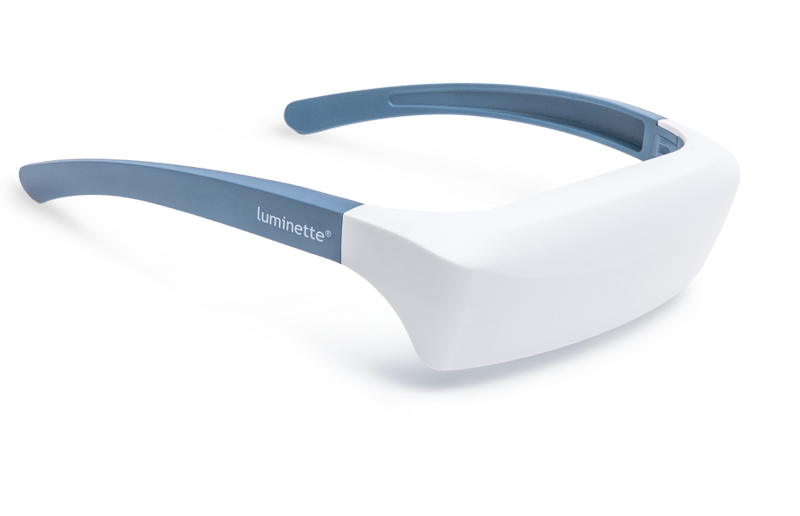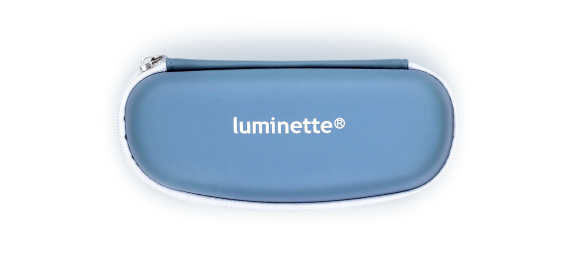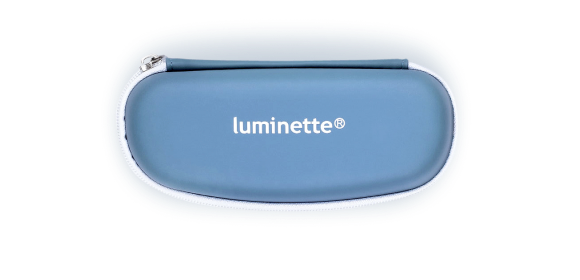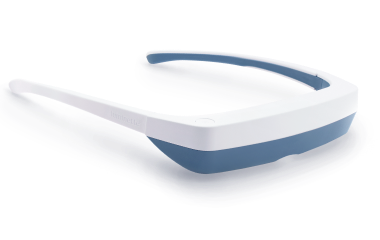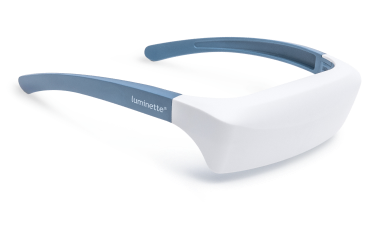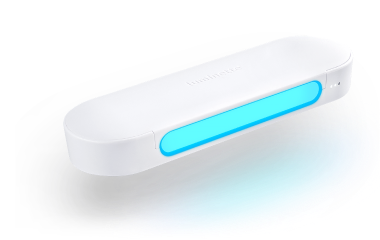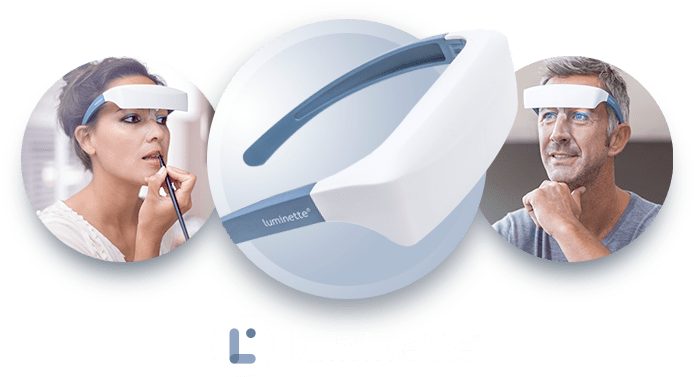Precautions and Considerations for Light Therapy
Retinal Concerns
Light therapy, while broadly considered safe, often raises questions about whether it might affect the retina in people who already have eye conditions. These conditions include:- Retinopathies: Various disorders affecting the retina.
- Retinitis Pigmentosa: A genetic condition involving gradual loss of retinal cells.
- Diabetic Retinopathy: A diabetes-related change to retinal blood vessels.
- Macular Degeneration: Age-related deterioration of central vision.
- Glaucoma: A group of conditions involving increased eye pressure and potential vision changes.
Bipolar Disorder Precaution
People with bipolar-spectrum disorders should pay attention to when they use light therapy. Midday exposure is generally considered the safest approach to minimize the risk of mood elevation.How to Minimize Light Therapy Side Effects
One of the most common concerns when undergoing light therapy is the potential side effects. While light therapy is generally safe and well-tolerated, it's important to be aware of potential side effects and take steps to minimize them.
Here are some tips on how to minimize light therapy side effects:
Use a lower intensity or shorter duration
If you experience any discomfort during your light therapy session, such as eye strain or headaches, try reducing the intensity of the light or shortening the duration of your session. This can help minimize any potential side effects while still benefiting from the therapy.
Take breaks during longer sessions
Some people may find it helpful to take breaks during longer light therapy sessions. This allows your eyes and brain to rest and prevent any strain or discomfort. You can also use this time to move around, stretch, or do some other relaxing activity.
Stay hydrated
Drinking plenty of water before and after a light therapy session can help minimize any potential side effects. Dehydration can worsen the symptoms of headaches, eye strain, and fatigue, so it's important to stay hydrated.
Monitor your mood
If you experience any changes in mood during or after light therapy, such as irritability or anxiety, it's important to track these changes and discuss them with your healthcare provider. They can help determine if there are other underlying causes or adjust the treatment plan to better suit your needs.
Consult with a healthcare professional
If you’d like personalized guidance before beginning light therapy, you can consult a healthcare professional familiar with this approach. They can offer suggestions tailored to your preferences, comfort level, and overall health, helping you fine-tune your routine if needed.FAQ
What are the most common side effects of light therapy?
Light therapy is generally considered safe and well-tolerated. The most common side effects include mild eye strain, headache, and occasional feelings of jitteriness. These effects are usually temporary and can diminish as your body adjusts to the therapy.
Can light therapy cause insomnia or disrupt sleep?
While light therapy is often used to improve sleep disorders, exposure at the wrong time of day can potentially disrupt your sleep cycle. It is crucial to follow recommended guidelines for timing and duration to avoid any negative impact on sleep patterns.
How can I reduce eye strain during light therapy sessions?
To minimize eye strain, ensure that your light therapy device is positioned at the correct distance and angle. You should also take regular breaks and avoid staring directly into the light. Adjusting the brightness to a comfortable level can also help alleviate discomfort.
Are headaches a normal side effect of light therapy?
Headaches can occur as a normal side effect, especially when starting treatment. If headaches persist or become severe, it may be beneficial to reduce session lengths or adjust the light intensity and consult with a healthcare professional if necessary.
When should I consult a doctor about light therapy side effects?
Consult a doctor if you experience persistent or severe side effects such as severe headaches, eye problems, or mood changes. A healthcare professional can provide tailored advice and adjust your treatment plan to ensure optimal benefits.
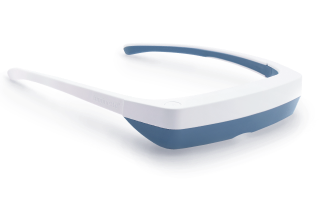
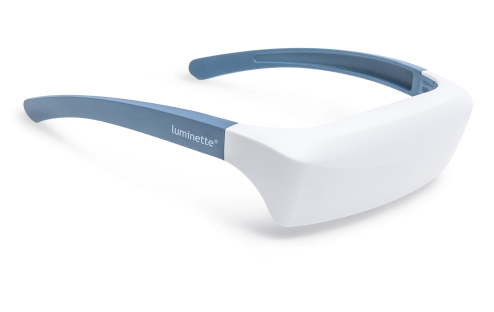
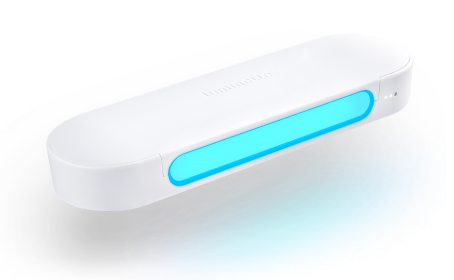
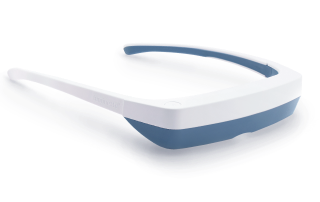
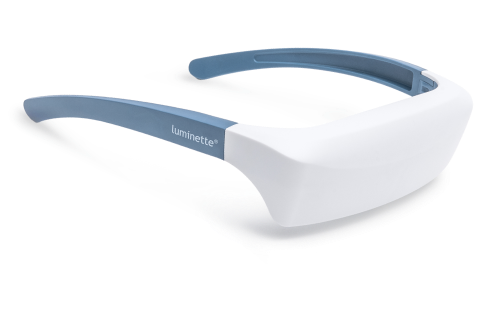
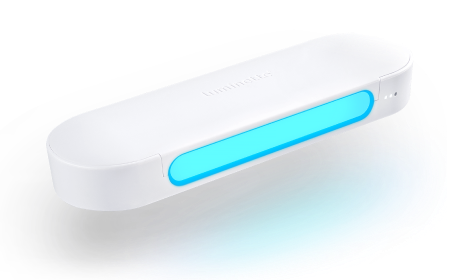
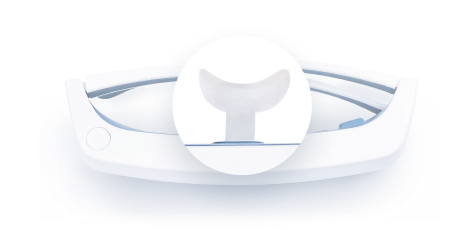
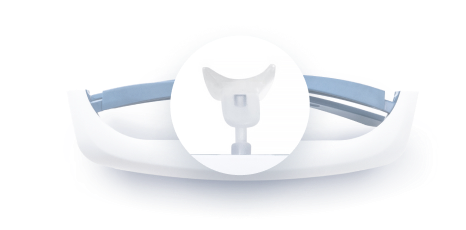














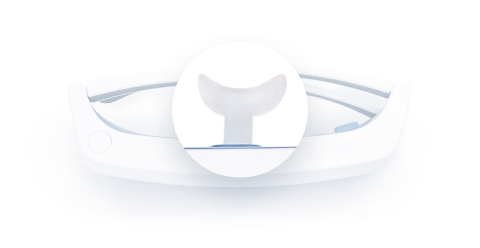
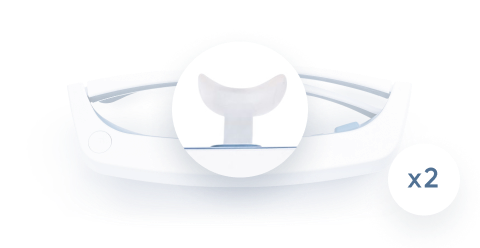
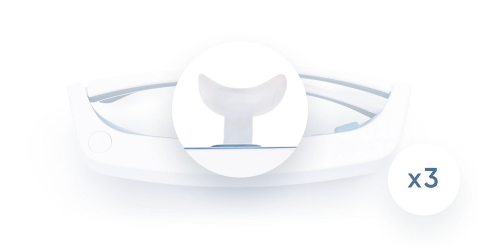

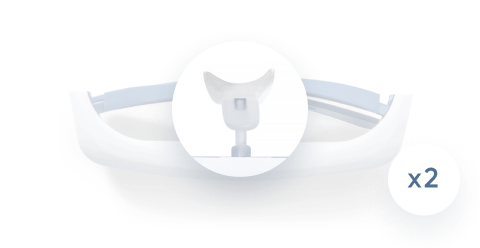
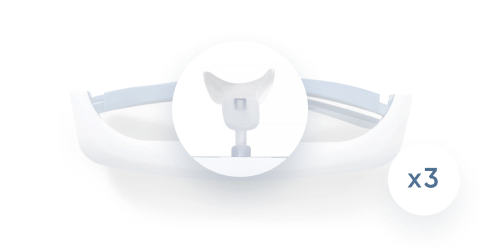
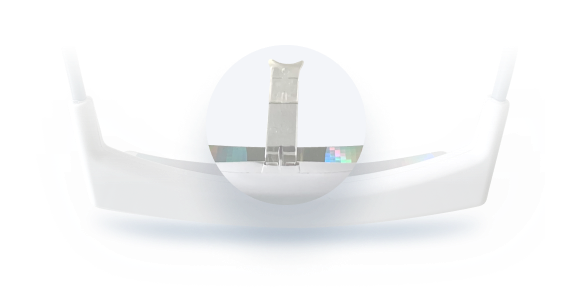











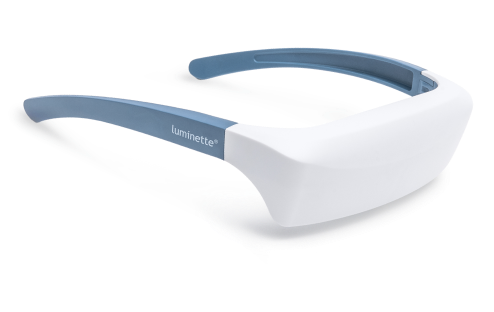
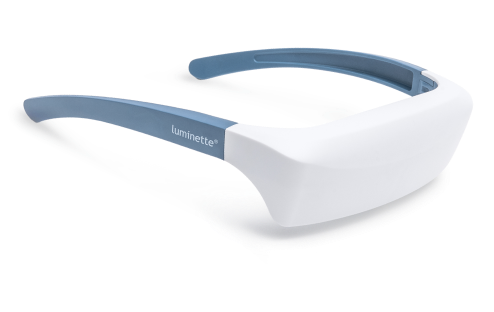
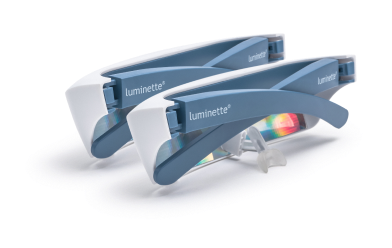

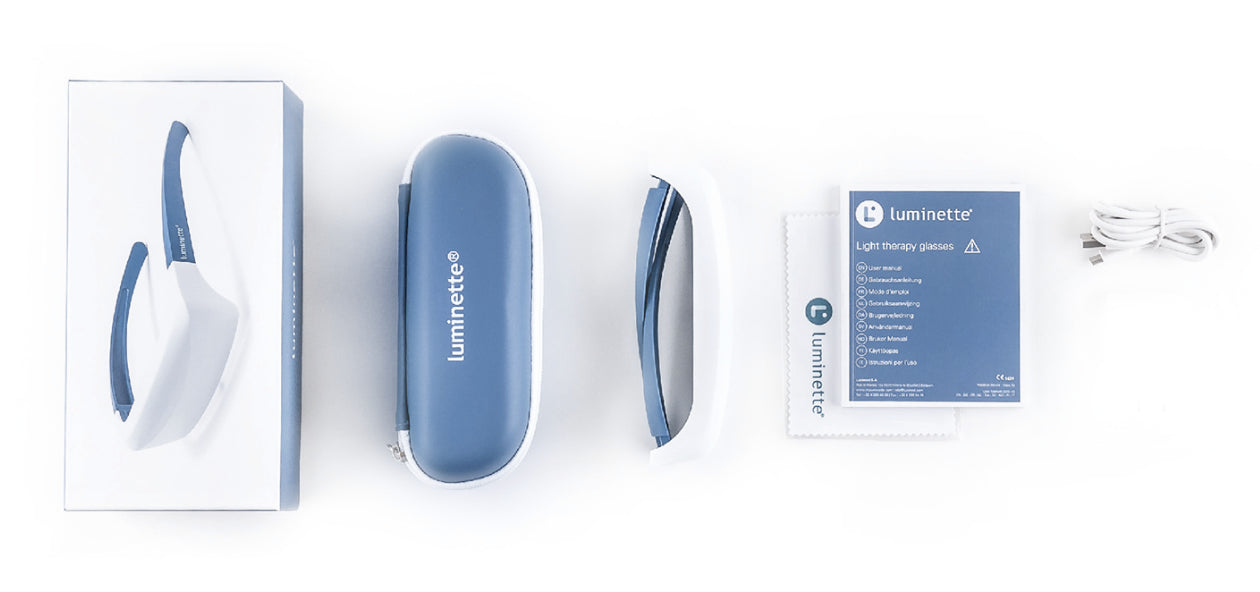
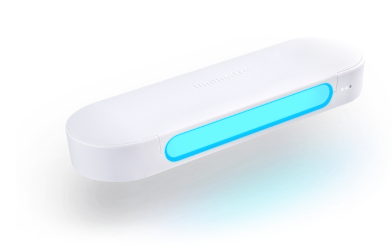
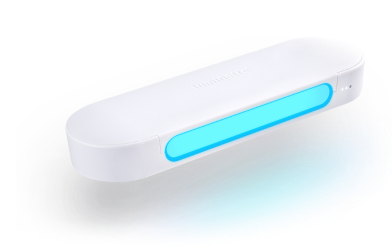
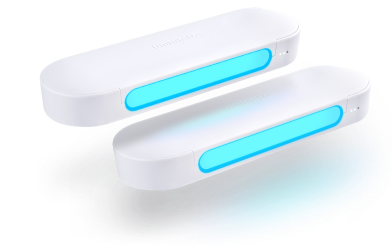
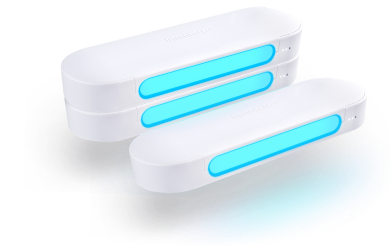
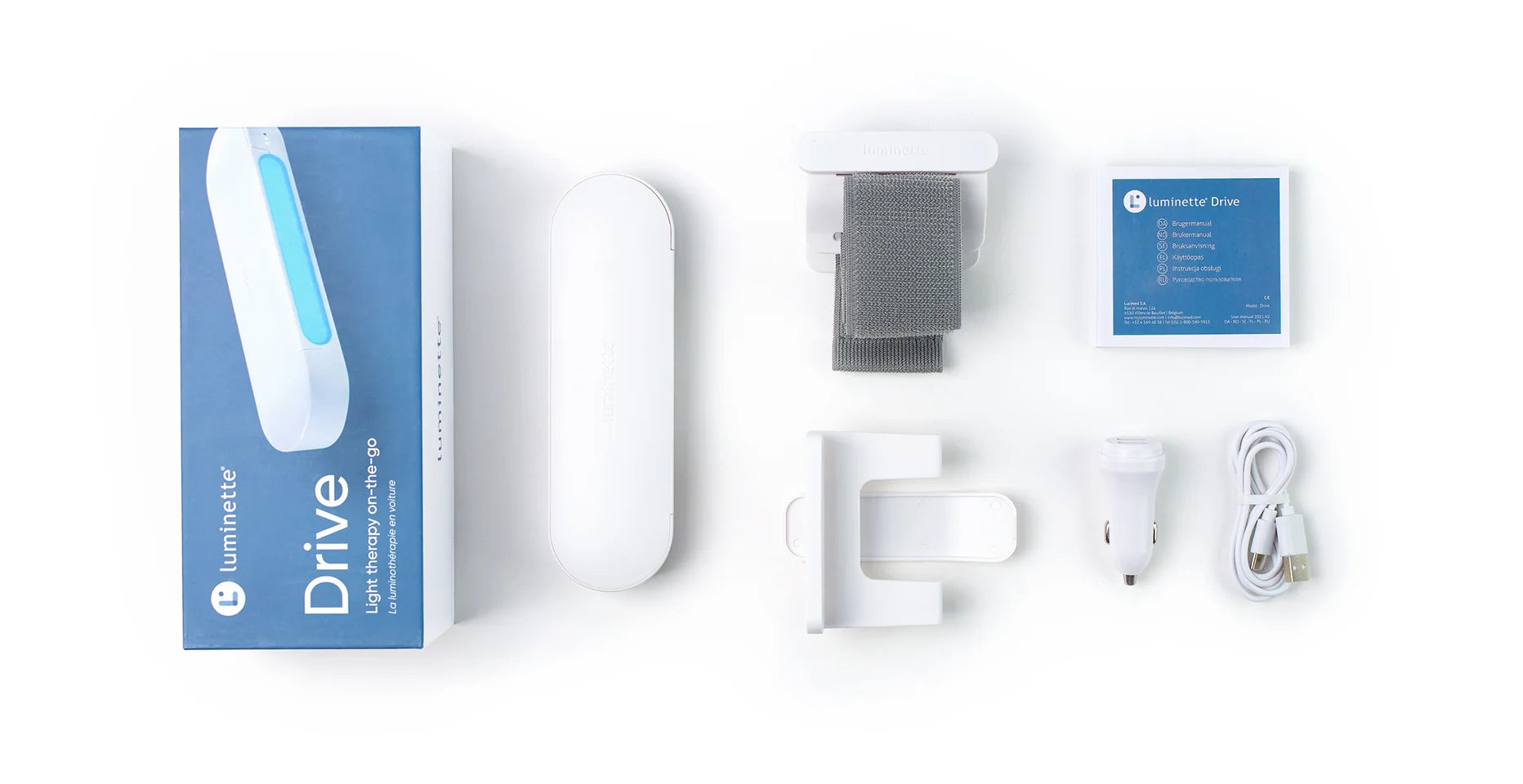

 Please note
Please note



